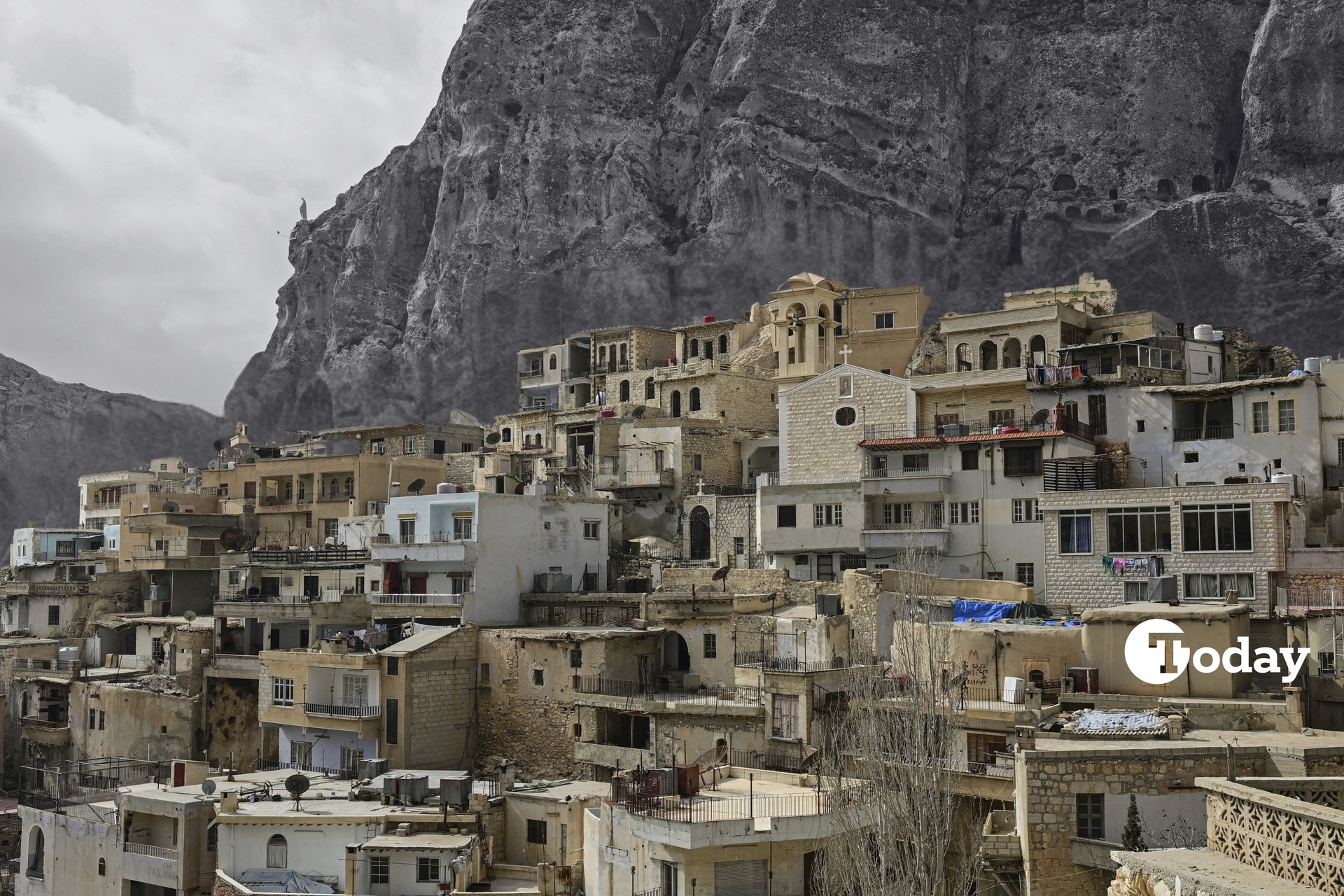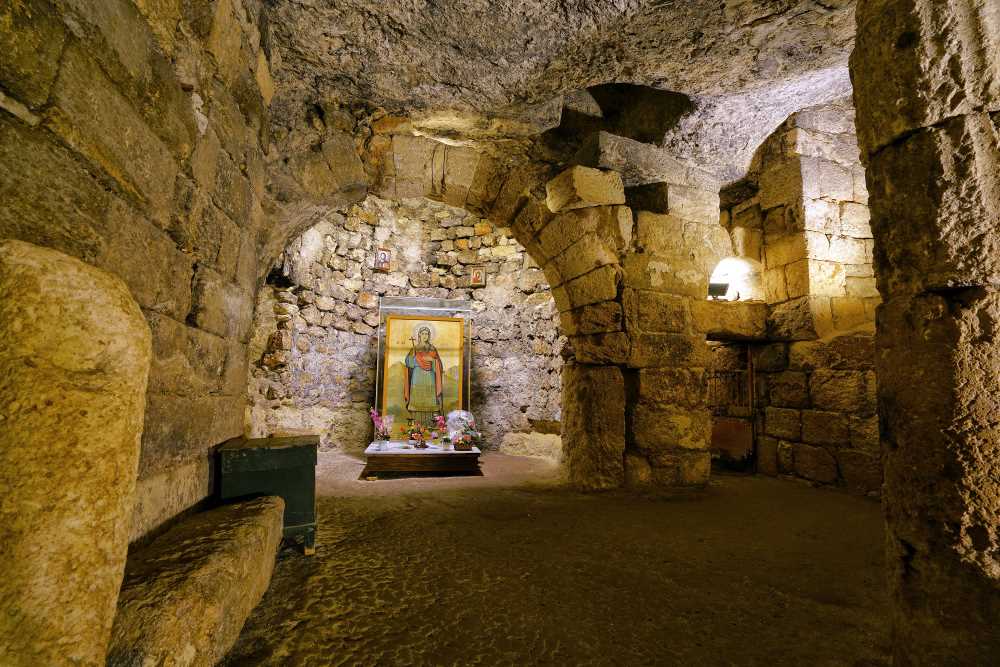
Maaloula, one of Syria’s oldest and most culturally significant towns, is experiencing a revival following the fall of the Baath Party's 61-year rule and the end of the Assad family's 53-year dominance.
Nestled in the mountains near Damascus, Maaloula is notable for being one of the last places in the world where Aramaic—the ancient language spoken by the Prophet Jesus (peace upon him)—is still spoken, making it a vital hub of cultural and linguistic heritage.

The story of Maaloula's deep historical roots is intertwined with the cultural influence of figures such as Saint Thecla. During the Roman Empire, Christian communities flourished across Anatolia and Syria, contributing to the region’s rich cultural and religious history.
Among these figures, St. Thecla stands out, especially in cities such as Silifke (Seleucia) in modern-day Türkiye, where her legacy is still celebrated.

St. Paul of Tarsus and St. Thecla's influence on the spread of cultural ideas and practices in the Roman world is well documented.
Although Paul was not one of the original apostles of Jesus, his journeys throughout the ancient world spread cultural ideas and practices that shaped early Christianity, including in places like Anatolia, Syria and Cyprus.

In the fifth century, Emperor Zeno constructed a church over St. Thecla’s cave, marking the site as a cultural and spiritual landmark. Over time, this site became a center for Christian worship and an essential piece of the cultural landscape.
Despite the passage of centuries, St. Thecla’s legacy continues to draw visitors to Silifke, reinforcing its status as a site of immense cultural and historical value.

Maaloula’s deep cultural ties to the legend of St. Thecla are a testament to the town’s role in preserving important historical narratives. The town, known for its Aramaic-speaking community, connects the region’s past to its present.
The caves and monasteries that feature prominently in Maaloula’s history reflect the town's position as a cultural bridge between the ancient world and modernity.

Maaloula’s local traditions have been influenced by the story of St. Thecla, particularly in the way the town commemorates cultural icons. The caves, believed to be connected to
Thecla, continues to serve as a symbol of the region’s vibrant cultural heritage. As a result, Maaloula remains a center for those seeking to understand the intertwining of ancient history, cultural practices, and local identity.
As Maaloula recovers and rebuilds, the town continues to be a living testament to the region’s cultural resilience and its ability to withstand periods of political and social upheaval.